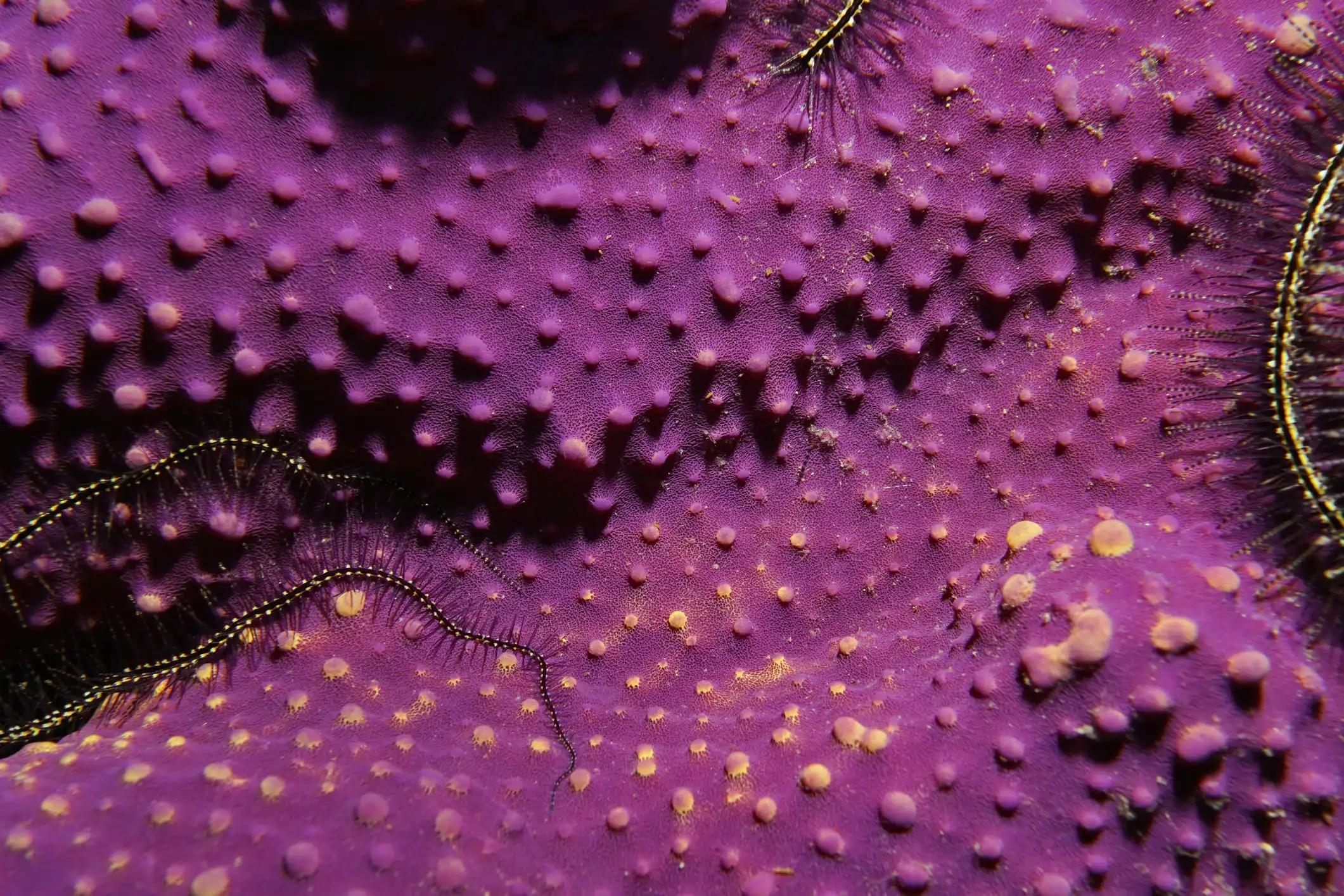KEY TAKEAWAYS
- The trial aimed to assess the feasibility and efficacy of CD45RA-depleted add-back post-TCRab/CD19-depleted URD PSCT in pediatric hematologic malignancies.
- Results showed that CD45RA-depleted add-back post-TCRab/CD19 URD PSCT is feasible with low GVHD risk.
Ex vivo T lymphocyte depletion reduces severe GVHD risk in unrelated donor stem cell transplant (SCT) yet hampers immune reconstitution, raising infection risk. Adding donor CD45RA-depleted (naïve T cells) and CD45RO-enriched (memory T cells) cells may expedite immune recovery.
Caitlin Elgarten and the team conducted a study that aimed to assess the viability and effectiveness of CD45RA-depleted add-back post-TCRab/CD19-depleted Unrelated Donor(URD) Peripheral SCT (PSCT) in pediatric hematologic malignancies.
The study involved patients undergoing URD PSCT using NMDP donors and myeloablative conditioning sans serotherapy. URD PSCs were divided into 90% and 10% fractions: 90% underwent TCRab/CD19 depletion, while the remaining underwent CD45RA depletion, utilizing the CliniMACS Plus (Miltenyi).
Initially, the study aimed to administer CD45RA-depleted cells on day +21; however, after the first 4 patients couldn’t receive them, the protocol was amended to deliver them on day 0. This analysis is focused on Day 0 addback. GVHD prophylaxis comprised a calcineurin inhibitor (CNI) until d+60. For immune reconstitution evaluation, study patients were compared to a historical cohort receiving URD TCRab/CD19-depleted PSCT with identical conditioning.
Results showed that 2 of the 18 enrolled patients did not receive CD45RA-depleted add-back due to inadequate PSC collection. Of the 16 infused patients, the median cell dose of CD34+/kg was 10.9 x 106 (range 5.1-19.7), and the median CD45RO+ T cells/kg was 5.2 x 106 (range 0.8-19.9).
CD45RA+ cells were undetectable in the CD45RA-depleted fraction for all patients. The median length of CNI post-transplant was 23.5 days (range 9-98), with early discontinuation in 10 patients due to toxicity. All patients engrafted within a median time of 13 days (range 9-24).
At a median follow-up of 12.6 months, relapse-free survival and overall survival rates were 85.2% (95% CI 52.3-96.1%) and 92.3% (95% CI 56.7-98.9%), respectively. Grade 2 acute GVHD occurred in 3 patients (18.8%), grade 3 in 1 (6%), and chronic GVHD in 1 (6%). Four patients had clinically significant viral infections (2 CMV viremia, 1 HHV6 viremia, and 1 BK cystitis), all resolved with anti-viral therapy alone, and no serious infections were observed.
Compared to historic controls, immune reconstitution demonstrated higher median T cell counts at 1 and 4 months post-transplant compared to TCRab/CD19-depletion alone.
The study concluded that CD45RA-depleted addback post TCRab/CD19 URD PSCT is feasible and well tolerated, with a low risk of GVHD comparable to experiences without addback.
However, the utility of GVHD prophylaxis remains uncertain, as over half of the patients discontinued it early due to toxicity. Additionally, there’s an early indication of lower rates of viral reactivation in this cohort compared to the historical cohort (25% vs. 47%), possibly due to rapid CD4+ immune reconstitution, although confirmation in a larger cohort is needed.
The trial was sponsored by the Children’s Hospital of Philadelphia.
Source: https://tandem.confex.com/tandem/2024/meetingapp.cgi/Paper/23066
Clinical Trial: https://clinicaltrials.gov/study/NCT03810196
Elgarten CW, Heidemann S, Freedman JL, et al.(2024) ‘’ Pilot Study of Unrelated Donor (URD) Peripheral Stem Cell Transplant (PSCT) with CD45RA-Depleted Addback Following TCRab/CD19 Depletion in Pediatric Patients with Hematologic Malignancies.’’ Presented at TCT-ASTCT-CIBMTR 2024 (12).



